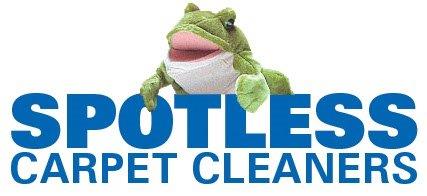Homeowners often consider the damage their home could sustain during a storm, earthquake, or tornado. Unfortunately, they don’t always consider the smaller, everyday issues that could cause damage to their home. Water damage in the house is one of the most costly and destructive types of damage your home can sustain. It is much better to be proactive and try to prevent water damage, instead of being reactive when the damage is already done. Let’s look at the top five most common causes of water damage in the home.
Air Conditioners
Your air conditioner’s job is to remove moisture from the air, so it makes sense that sometimes that moisture builds up inside the air conditioner unit. If moisture has built up in the unit, it could be leaking into your home, causing damage to the flooring and drywall, and potentially causing mold. Making sure your air conditioner gets serviced on a regular schedule will help to ensure that nothing is malfunctioning and prevent the build-up of moisture.
Dishwashers
Another common cause of water damage in homes is the dishwasher. Your dishwasher can leak if not sealed correctly or if another malfunction causes a leak. Leaks require immediate attention, and the dishwasher should be repaired or replaced to avoid paying the cost of water damage.
Washing Machines
Washing machines can also be frequent culprits of water damage. Check your washing machine regularly to make sure all hoses and fittings are secure. Check under the washing machine to make sure that there are no water leaks. If you have a washing machine with a tendency for issues, consider replacing it.
Leaking Pipes
A seemingly obvious way that water damage can happen in a home is through leaky pipes. If you notice water pooling under a sink or anywhere in your home, call the plumber immediately. The leak may not only be in the area you see but may indicate leaks elsewhere in the house. If you see a spike in your water bill, you likely have a water leak. Addressing any of these types of leaks as soon as possible can mitigate damage caused to your foundation, flooring, and other areas of the home.
Clogged drains can cause water damage and mold growth if not addressed quickly. If you have a toilet clog, it is likely to back up in the showers, tub, or sink. Sewage waste contains bacteria and cannot be treated lightly; you will have to hire a professional to clean up. Sink clogs can cause water to overflow in the sink and cause cabinet and floor damage. If you are experiencing frequent clogs in your home, call a professional to address the situation and help avoid future water damage.
Water damage is costly to deal with, so you must take steps to avoid it as much as possible. Now that you know the causes of water damage, you know what to look for. If you do get caught in a water damage situation, call Spotless Carpet Cleaners to help you address the issue.

